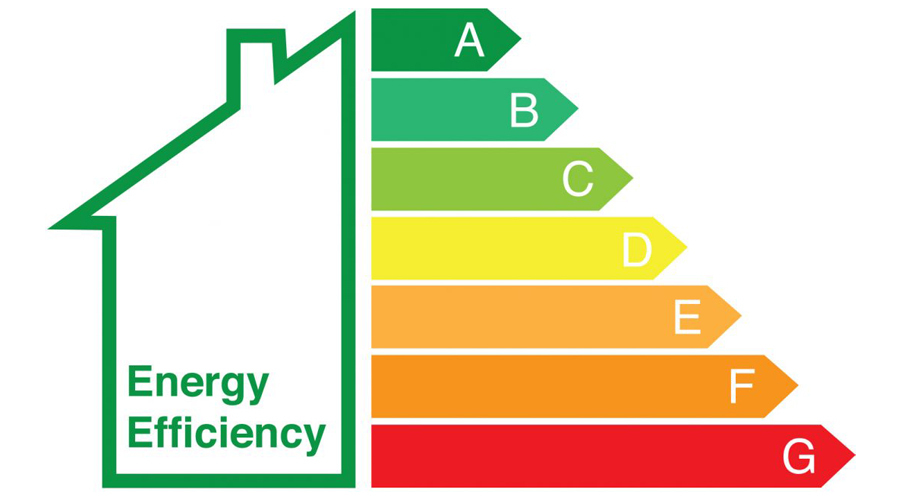How are rules around EPCs changing, and how will they affect you as a landlord?
The number of legal requirements for your property as a landlord can be overwhelming, especially when they get changed regularly. It is important to keep up with any amendments to avoid being penalised or losing the ability to sell your property. After the government announced new standards for England and Wales surrounding EPCs, your current one may no longer be valid. EPCs are a legal requirement for all homes, business properties and public premises. If you are a Landlord, and your latest EPC was issued before 2020, you are at risk of your property becoming ‘unrentable.’
What is an EPC?
EPCs are Energy Performance Certificates that are legally required whenever a property is built, sold or rented. EPCs must be ordered for potential buyers or tenants before a property can be sold or rented.
Energy Performance certificates consist of:
Information about energy use in a property, and the typical energy costs.
Recommendations about how improvements can be made to reduce energy use and costs.
EPCs are valid for 10 years after a property inspection, subject to changing standards. They give an energy efficiency rating from most efficient, to least efficient, on a scale of A-G.
How do you get an EPC?
To get an EPC you must contact an Energy Assessor. Once you have found an assessor, you need to find out whether they are part of an accredited scheme. If they are, you can contact them directly to arrange an assessment of your property. The government website can offer a list of approved assessors by your postcode, making the process much easier.
EPC costs range from £35 – £120, which is a fraction of the penalty for not maintaining a valid one.
What is Changing?
In December 2020, the government announced new standards for England and Wales, to become law by 2025. From 2025, all properties must have an EPC rating of C or above. The current pass rates for EPCs are an E. This change will be applied to new tenancies at first. Existing tenancies will have until 2028 to comply with the new rule changes.
How does this affect you as a landlord?
The penalty for not having a valid EPC is being raised from £5,000 to £30,000. If you have a property, you must keep your EPC valid by ensuring it is up-to-date and meets the standards.
You must give your tenants notice if you plan to schedule an EPC assessment. An assessor will look at: the age, construction and size of the property, heating systems, insulation, lighting and windows. Assessments are non-intrusive and should only take about an hour. You will receive your report after a couple of days.
Tenants have the right to know the property’s EPC score. This information is freely available to the public on the government’s website.
Although EPCs are valid for 10 years, it is worth getting a new assessment of your property done, if it is old. The recently changing criteria could mean you need to make some changes to your property, and reassessment will ensure you avoid any type of prosecution.
Energy Performance Certificates are legal requirements, for all properties that are to be built, sold, or rented. Although lasting 10 years, recent changes to standards mean your property could be at risk of becoming ‘unrentable.’ Ordering a new assessment of your property is the easiest way to ensure there are no issues, and you avoid paying a penalty.
To find an accredited energy assessor, visit here. Or read here to find out how to make your property more energy efficient.


